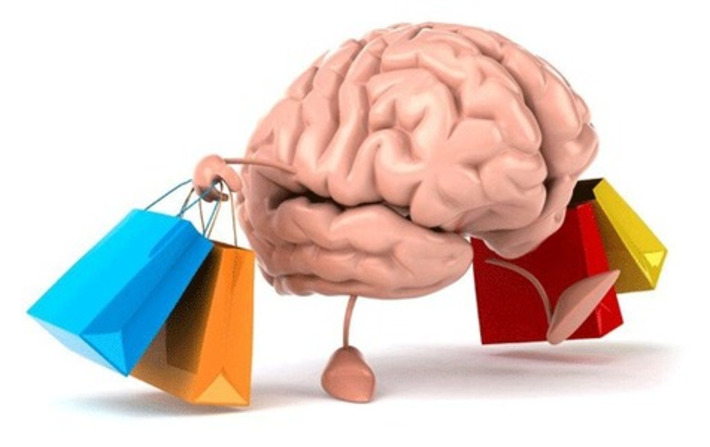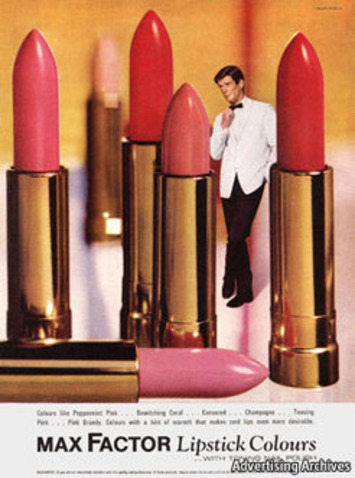Expectations, argued the neuroscientists Lauren Atlas and Tor Wager in a recent review, can influence our experience in two interrelated ways. There is the conscious influence, or those things we are knowingly aware of: I’ve had this wine before and liked or hated it; I’ve been to this vineyard; I love this grape; the color reminds me of a wine I had earlier that was delicious. As our experience grows, so do our expectations. Every time we have a wine, we taste everything we know about it and other related wines. Then there are the unconscious factors: the weather is getting on our nerves, or our dining companion is; we’ve loved or hated this restaurant before; I’m mad at my boss over something he said this morning; the music is too loud, and the room is too cold. These can all affect taste, too, even though they are unrelated to the wine itself.
One of the things wine researchers like to do, in fact, is manipulate some small factor of the environment or the wine to see how perceptions of taste are affected. If we are compelled by the description of the vineyard, its owners, or its history, we are likely to pay more for a bottle. Salzman admits, after we’ve handed in our scores, that that’s the reason he gave us so much background on the wines beforehand.
Information about the vineyard at least tells us something about the wine, but even factors that don’t, like price, can have an influence.



 Your new post is loading...
Your new post is loading...




![10 Ways to Convert More Customers Using Psychology [Infographic] | A Marketing Mix | Scoop.it](https://img.scoop.it/mQusClGNIdoQJzGaxWYY43kes5yE2Br8B0LnubnjJ88=)






















